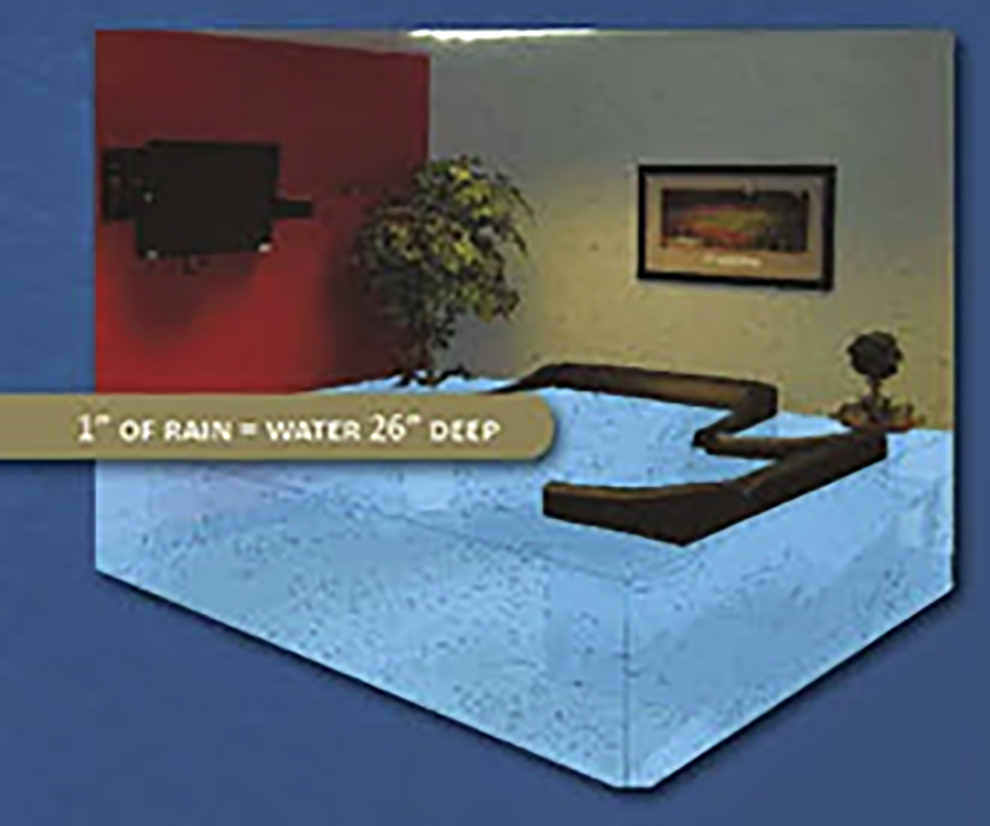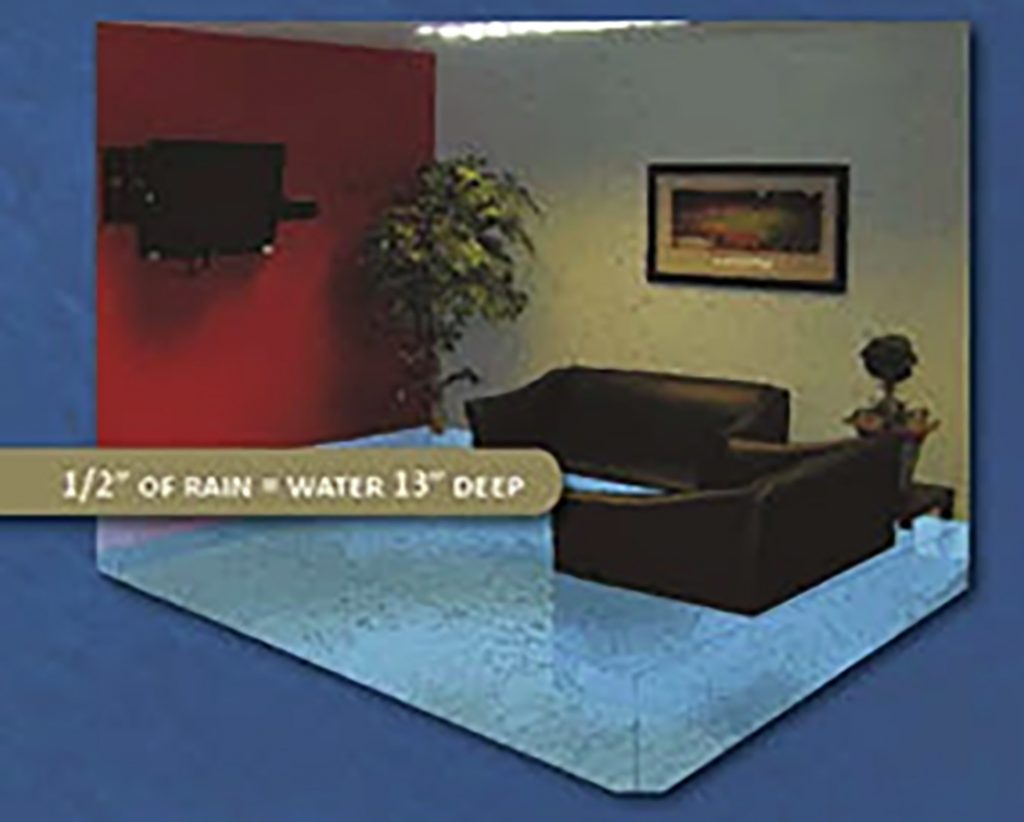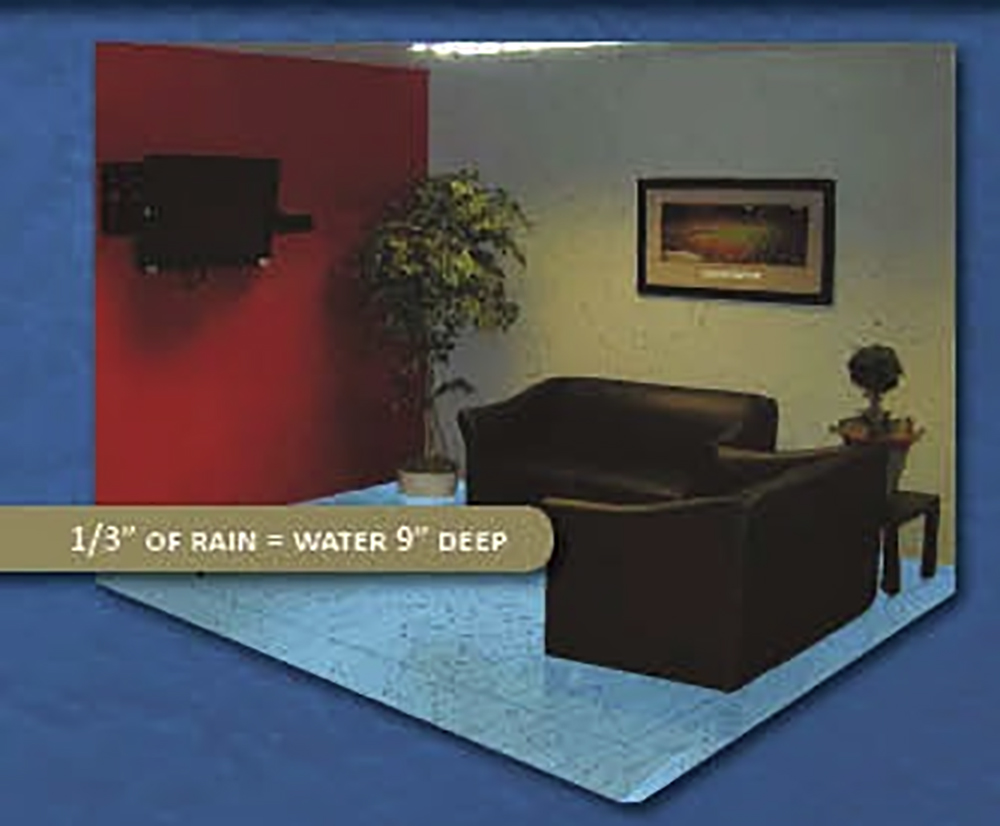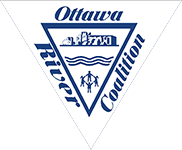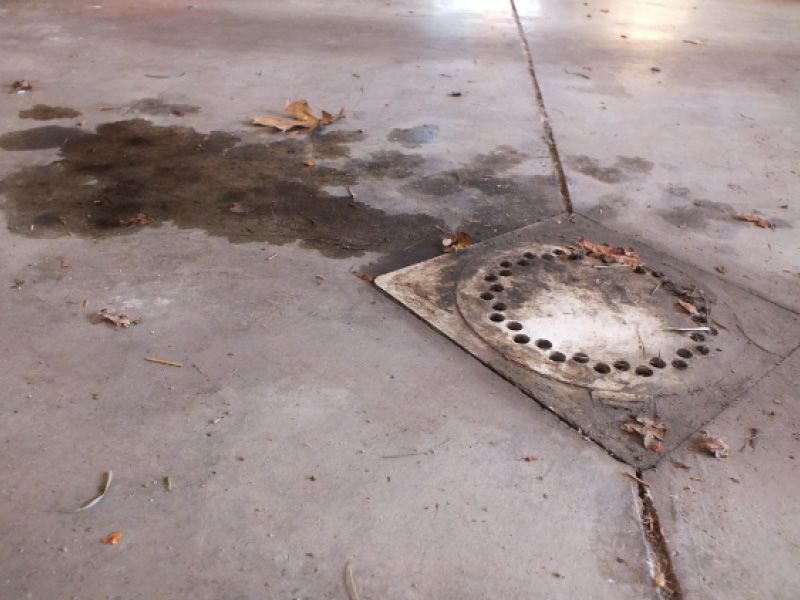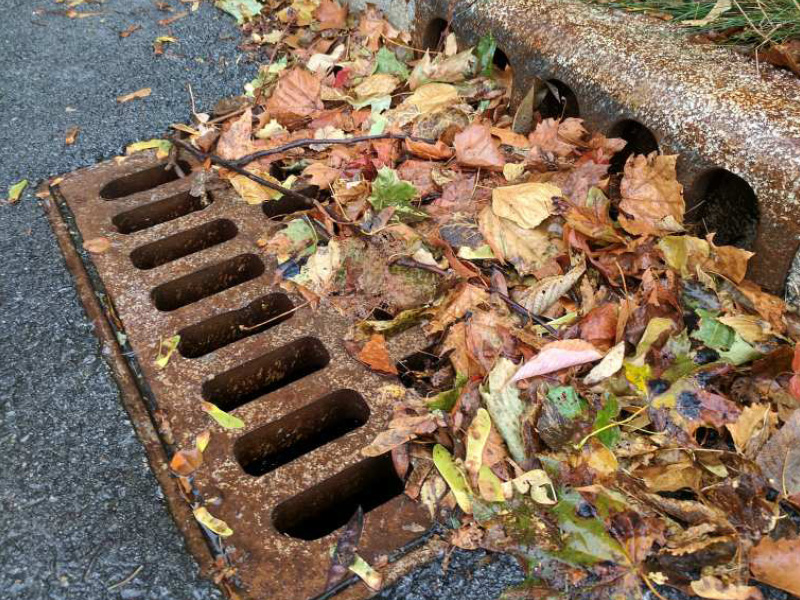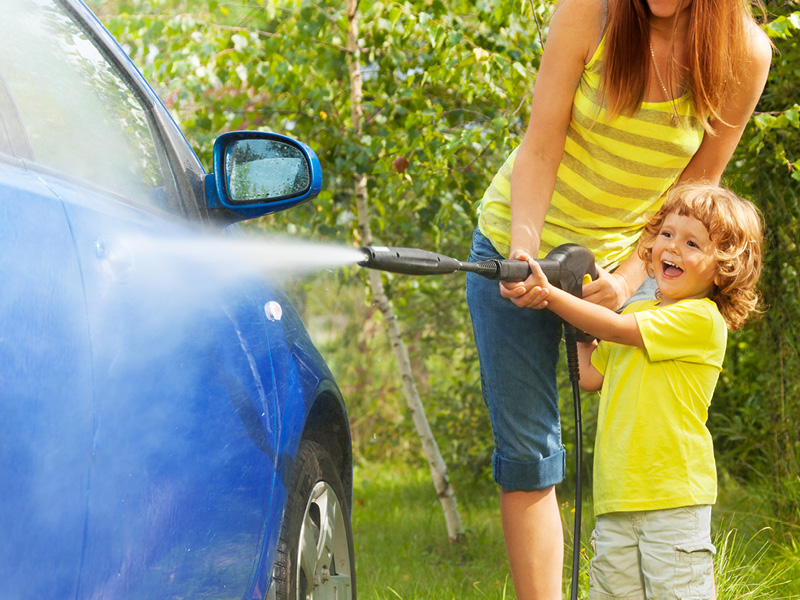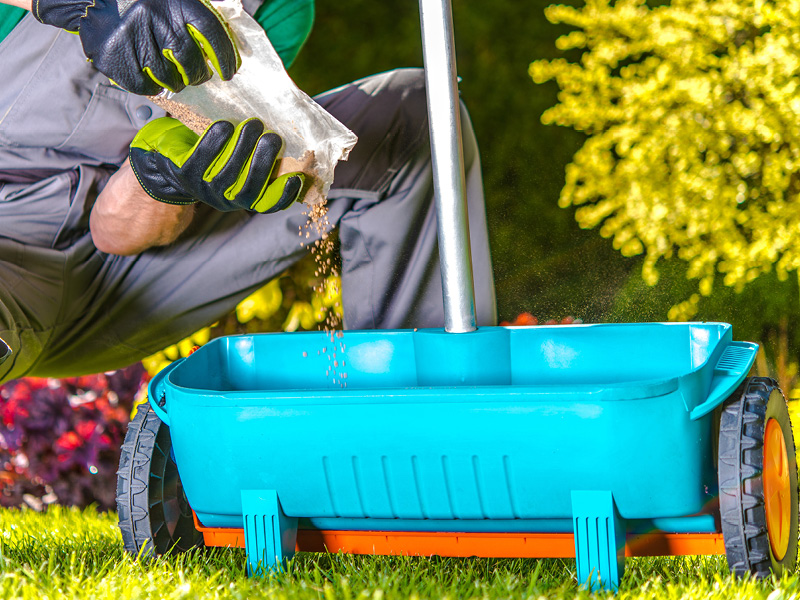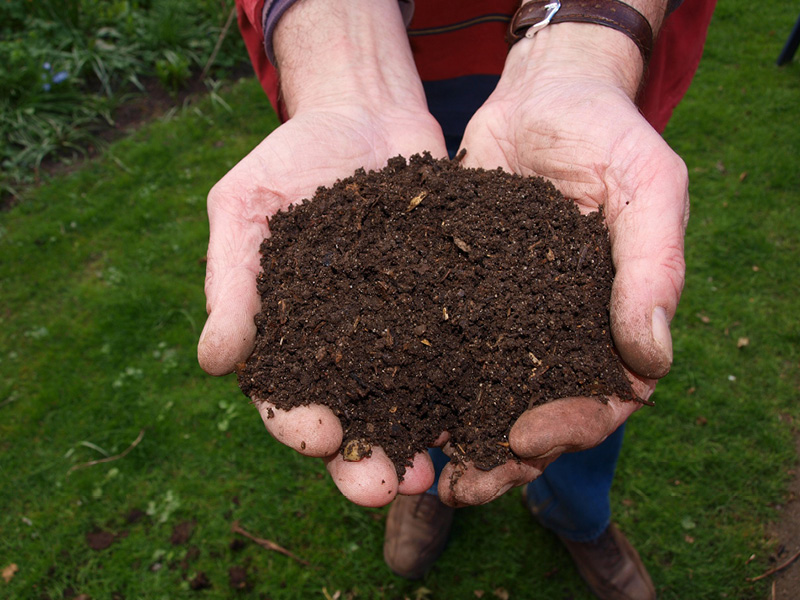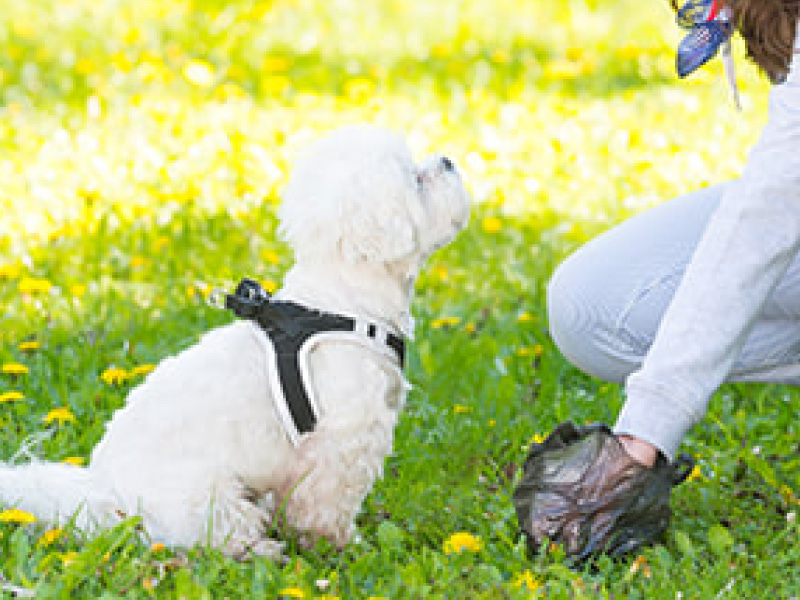Urban
Stormwater
Urban Stormwater
Stormwater runoff is the water following rain or snow that flows off hard surfaces and cannot soak into the soil. Annual rain or snowfall for Allen County totals 36-40 inches. The average Lima property is covered nearly halfway with hard surfaces. Some examples of hard surfaces in our community include rooftops, driveways, patios, sidewalks, streets, and parking lots, whether paved or compacted gravel. This water drains from your property into the storm sewers, carrying contaminants along with it. Storm sewer discharge is not treated before it enters streams and rivers so it’s important that it be clean.
Learn more in the EPA publication entitled Protecting Water Quality From Urban Runoff.
Here are some ways you can help keep stormwater clean:
What if the water that fell on your roof ended up in your living room?
These illustrations give you an idea of the volumes of stormwater if the rain from your roof were channeled to your living room and not the storm drain system.
